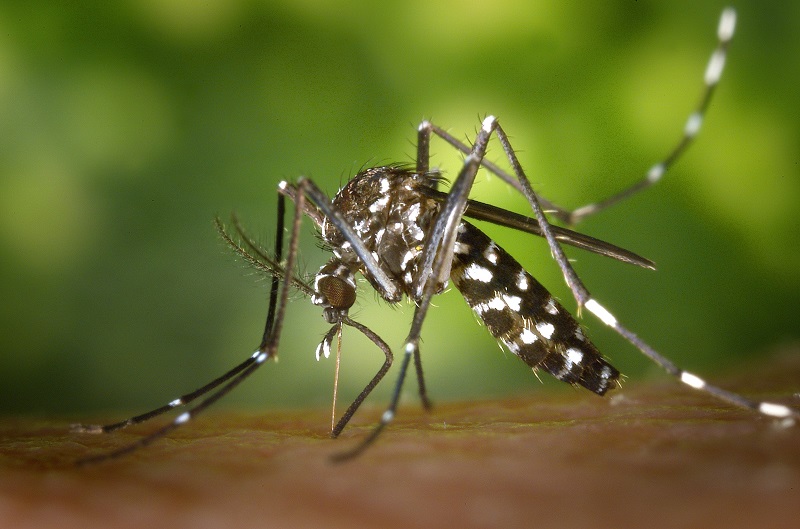University of Queensland researchers have received a Research Excellence Award from the National Health and Medical Research Council (NHMRC), boosting their efforts to eradicate disease-carrying mosquitoes from urban areas.
The research, led by Associate Professor Nigel Beebe from UQ’s School of Biological Sciences, applies an innovative population control approach to specific invasive mosquito species of mosquito, the dengue mosquito Aedes aegypti and the Asian tiger mosquito Aedes albopictus, with an aim to eradicate them completely.
“We infect the mosquito with a strain of bacterium called Wolbachia, and this can make the males essentially sterile, thus incompatible reproductively with the females that don’t carry that strain,” Dr Beebe said.
“Over a constant period of time of releasing the males, you suppress the population because the eggs don’t hatch and, eventually, because the males are so adept at finding the female, it can lead to eradication.”
Dr Beebe talks us through the innovative approach, which could prevent disease in urban areas across the globe.
With cases of mosquito-borne diseases on the rise around the world, Dr Beebe said the research comes at a critical time.
“Aedes aegypti and Aedes albopictus mosquitoes transmit dengue fever, chikungunya, and zika virus, which can all cause immense suffering for humans, so a solution to this problem is vital.
“Transmissible disease from these mosquitoes is so prevalent due to increased urbanisation in developing countries and the ability of mosquitoes to adapt and evolve to our selection pressures, such as insecticides.
“Because Aedes aegypti is highly urbanised, our technique works very well in cities and towns and we are developing the control tool for developing countries that don’t have the means to combat these mosquitoes.”
For their project, Dr Beebe and his team travelled to Far North Queensland, where they released more than three million mosquitoes across three towns for 20 weeks and were staggered by how effective the approach was.

“We performed this experiment over a period of about five months and found that we can suppress the population of Aedes aegypti mosquitoes by almost 90 per cent,” Dr Beebe said.
“To our amazement, when we came back to one of the towns the next year, the Aedes aegypti mosquito was almost entirely eradicated.
“The results were very encouraging and gave us the confidence to take the next steps to develop this technology into a much more deployable product.”
The money received as part of the Research Excellence Award will allow the project to take on more experts to help improve and perfect the technology.
“We will be able to work with these experts on the mathematical modelling aspect of the project, which will improve the way we deliver male mosquitoes into a landscape and increase the time in which males live after being released,” Dr Beebe said.
“At the moment, males only last two or three days, so this technology helps us discover how to make a male mosquito live just one day longer.
“This means we only have to perform releases two times a week, rather than three, making the whole process much more effective.
“We also want to deliver more strains of these mosquitoes, with different strains of Wolbachia, so that we have redundancy in our technology.”
Dr Beebe said that collaboration amongst scientific and general communities has been integral to the success of the research.
“This research is highly collaborative, we work with multiple research organisations and communities, and this collaboration has been and will continue to be an incredibly important part of achieving quality research outcomes.”



